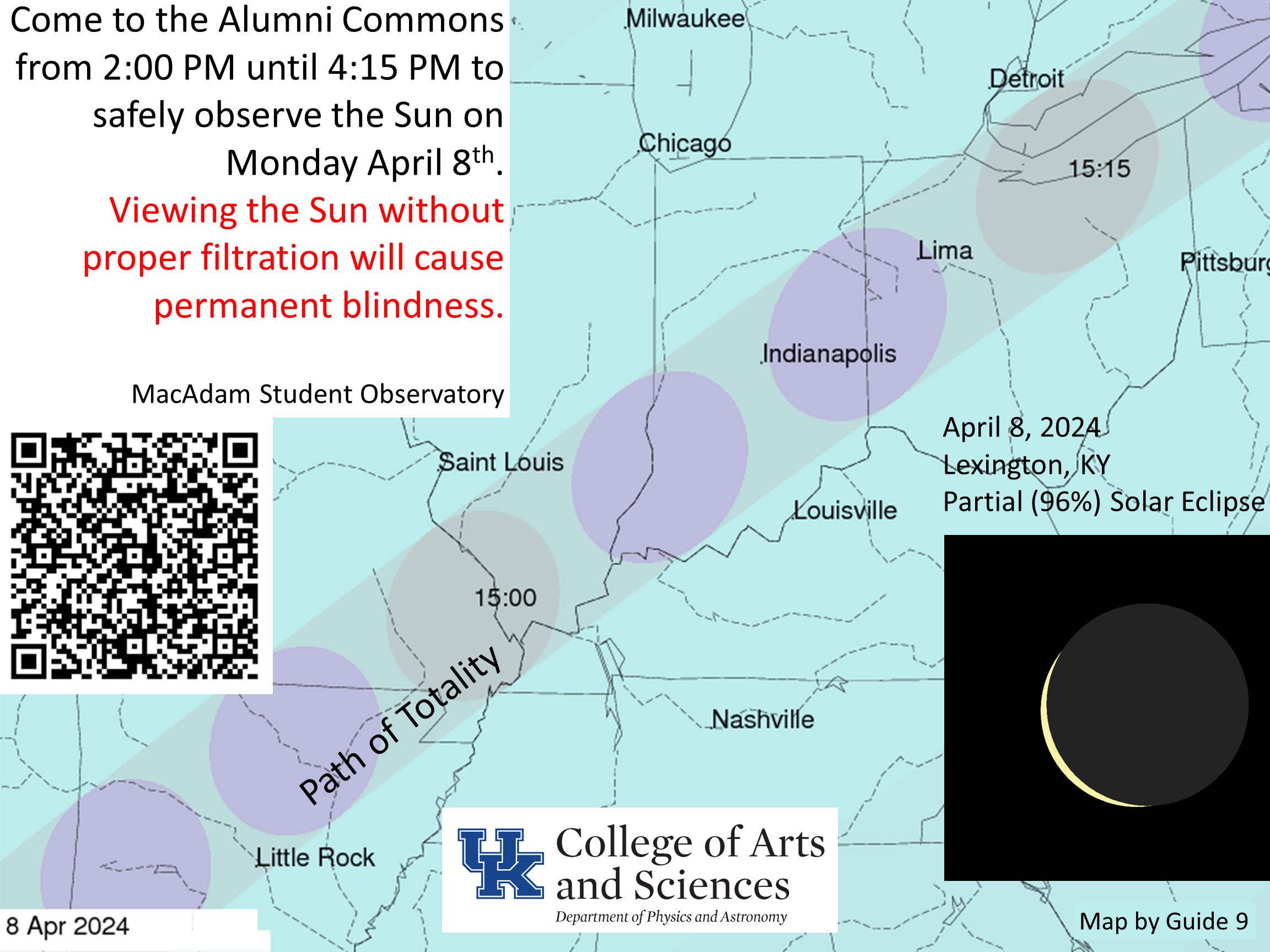How to publicize news and media on your website
This tutorial will show you how to feature content under the NEWS AND MEDIA section of your homepage:
This tutorial will show you how to feature content under the NEWS AND MEDIA section of your homepage:
The Committee on Social Theory (CST) is pleased to announce that we are once again accepting applications for Graduate Student Research Grants.
In this series we celebrate and discuss the ways that scholars around campus teach complex gender and women's studies concepts like feminisms, gender, sex, and intersectionality among others.
Dr. Kishonna Gray is an Associate Professor of Writing, Rhetoric, & Digital Studies and Africana Studies at the University of Kentucky. She is also a faculty associate at the Berkman-Klein Center at Harvard University.
Dr Gray is the author or co-editor of numerous books and articles including her foundational 2014 work Race, Gender, & Deviance in Xbox Live: Theoretical Perspectives from the Virtual Margins, 2018’s edited collections Woke Gaming and Feminism in Play (University of Washington press) and most recently Intersectional Tech: Black Users in Digital Gaming. She also has a book currently under contract with NYU Press entitled Black Game Studies.
She’s a highly sought after speaker and regularly addresses both academic and industry audiences such as at the Game Developers Conference. She is the winner of a number awards over the years including The Evelyn Gilbert Unsung Hero Award and the Blacks in Gaming Educator Award.
Dr. Frances Henderson, Associate Professor of GWS and AAAS at UK will interview Dr. Gray.
By Daily Bates
LEXINGTON, Ky. (April 2, 2024) — The University of Kentucky Gaines Center for the Humanities has selected 12 undergraduate students for its fellowship program.
 The goal of every eclipse chaser should be to get to a clear spot within the path of totality. The closer to the center of the path, the longer totality will last. A totally eclipsed Sun is a visual experience like no other. There is a crown of light surrounding the Sun that is a million times dimmer than the Sun’s surface. It cannot be observed while any part of the surface is uncovered. No one can predict in advance what it will look like; each eclipse is unique.
The goal of every eclipse chaser should be to get to a clear spot within the path of totality. The closer to the center of the path, the longer totality will last. A totally eclipsed Sun is a visual experience like no other. There is a crown of light surrounding the Sun that is a million times dimmer than the Sun’s surface. It cannot be observed while any part of the surface is uncovered. No one can predict in advance what it will look like; each eclipse is unique.
From Lexington, 96% of the Sun’s surface will be covered by the Moon. However, any part of the surface is too bright to be observed safely without proper filtration. Every solar eclipse someone, somewhere is tempted to look at the Sun “only for a moment.” The result is a blind spot in the retina exactly where you need it to work, the center of your vision. You rely on this part of the retina to see faces, read books, drive a car, and watch television. This eye damage cannot be repaired. Additionally, homemade filters are not recommended, in part because it is possible to create a filter that makes you feel comfortable but passes dangerous light that your eye cannot detect. With only 4% of the solar surface visible, the problem is even worse because the darker environment will cause the eye’s pupils to expand, letting in even more light than is typical.
In Lexington, the eclipse begins at 1:51 PM and will end at 4:24 PM. Maximum eclipse occurs a few minutes after 3:00 PM EDT. If you are traveling to totality, keep in mind the time change when entering the Central Time Zone.
Fortunately, it is very easy and safe to see using a pinhole to project the image onto a piece of white paper. Small gaps in the leaves of a tree will fill the sidewalk with images of the Sun. A comprehensive safety summary can be found at the American Astronomical Society.
Throughout the eclipse, the Department of Physics and Astronomy will set up solar telescopes in the Alumni Commons, if the weather allows.